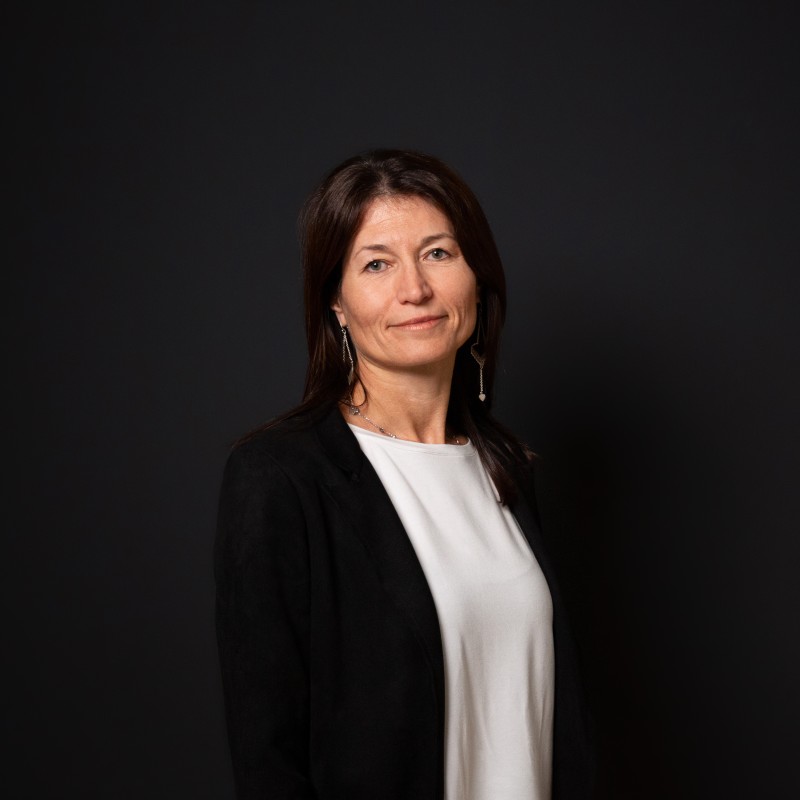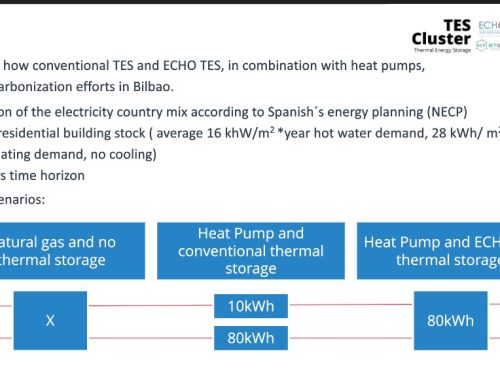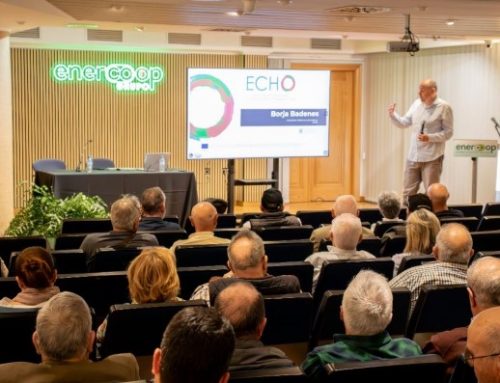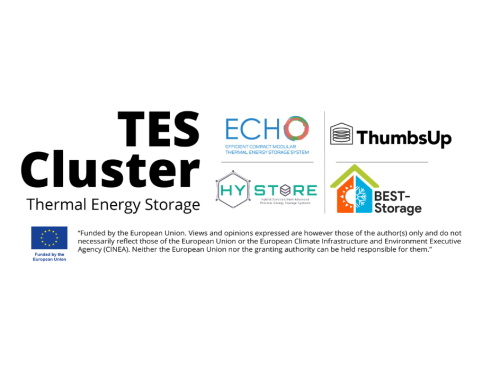ECHO project aims to transform thermal energy storage (TES) solutions for heating, cooling, and hot tap water production. Prior to the webinar that will take place on the 7th of May, Dr. Chiesa, shares her vision and highlights the project’s objectives.
1. How do you envision the role of stakeholders in driving the success of the ECHO project, particularly concerning the adoption of innovative thermal energy storage solutions?
Stakeholders play a crucial role in the journey towards sustainable energy solutions. In the context of the ECHO project, engaging stakeholders from various sectors—industry, academia, policymakers, and communities—is vital. By fostering collaboration and sharing knowledge, we can accelerate the adoption of innovative thermal energy storage solutions. Our goal is to create a supportive ecosystem where stakeholders are empowered to embrace change and contribute to a more resilient energy future.
2. Could you elaborate on the strategies employed to raise awareness among citizens and policymakers regarding the benefits of thermal energy storage systems?
Raising awareness is key to driving acceptance and adoption of new technologies. In the ECHO project, we employ a multifaceted approach, including awareness events, seminars, and participatory actions. By engaging with citizens and policymakers, we highlight the cost-effectiveness, affordability, and environmental benefits of thermal energy storage systems. Through demonstrations and simulations, we aim to showcase the potential impact of these solutions in reducing greenhouse gas emissions and enhancing energy system resilience.
3. How do you perceive the role of energy communities in facilitating the transition towards decentralized and democratized energy systems, as envisioned by the ECHO project?
Energy communities represent a paradigm shift in how we perceive and interact with energy. By empowering citizens to participate in the energy system, we can create a more inclusive and sustainable future. The ECHO project aims to leverage energy communities as catalysts for change, promoting the adoption of innovative storage solutions and decoupling energy generation from demand. Through collaborative initiatives and stakeholder engagement, we can pave the way for a decentralized and democratized energy landscape.
4. In what ways do you anticipate the ECHO project contributing to overcoming barriers and fostering social acceptance of thermal energy storage technologies?
The ECHO project addresses several barriers hindering the widespread adoption of thermal energy storage technologies. Through targeted dissemination efforts and educational initiatives, we aim to bridge the gap in knowledge and promote understanding among stakeholders. By showcasing the tangible benefits of these technologies, such as flexibility, energy savings, and grid stability, we can foster social acceptance and drive market penetration. Collaboration with industry experts and engagement with end-users are essential components of our strategy.
5. Looking ahead, what are your expectations regarding the long-term impact of the ECHO project on the energy landscape in Europe and beyond?
The ECHO project represents a significant step forward in the realm of energy innovation. Through our focus on advancing thermal energy storage technologies and fostering stakeholder engagement, we aim to make meaningful contributions to sustainability efforts and climate change mitigation. Looking ahead, we anticipate a gradual integration of these innovative storage solutions into building applications, which could have positive implications for energy security, affordability, and environmental conservation.







